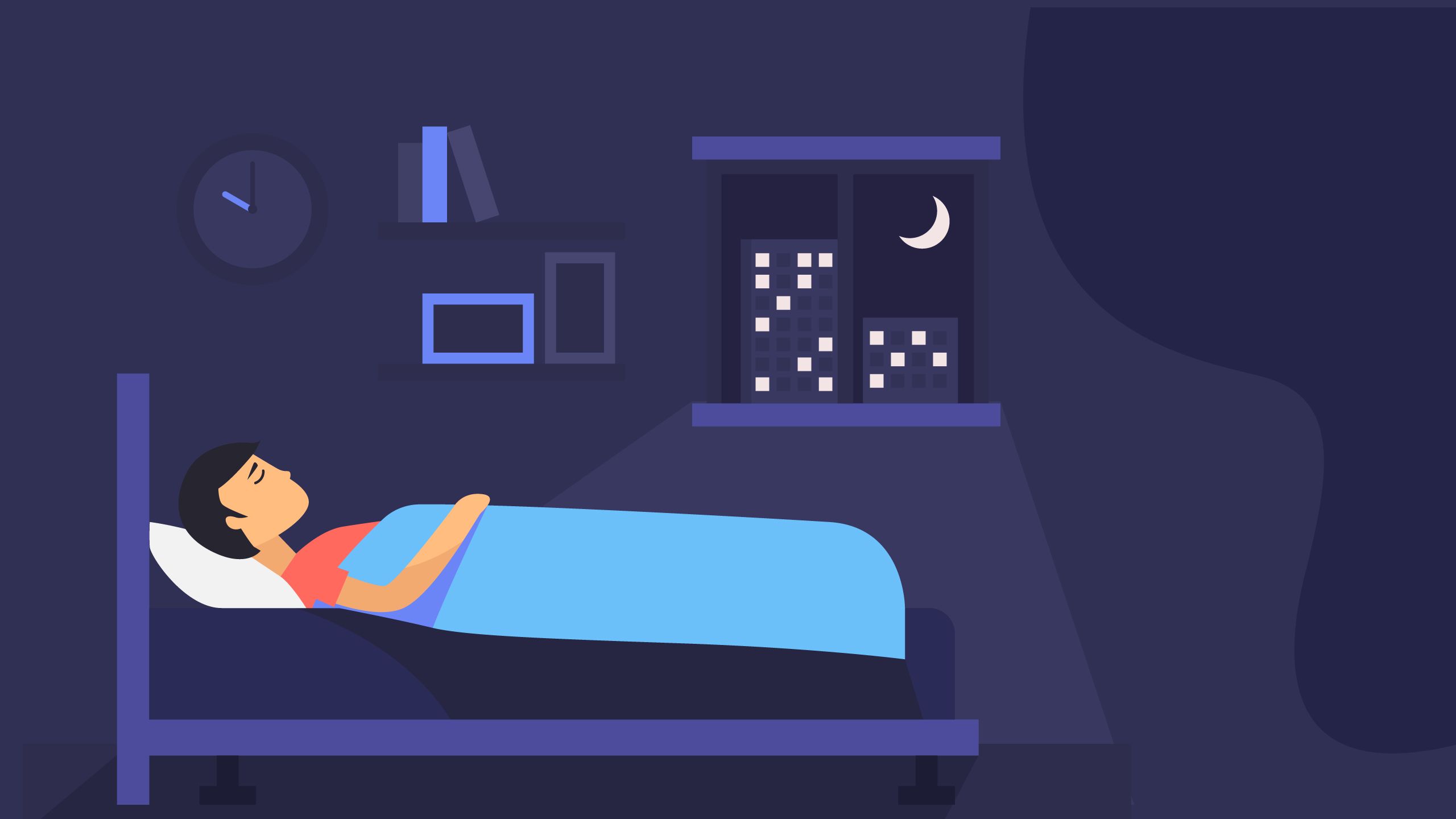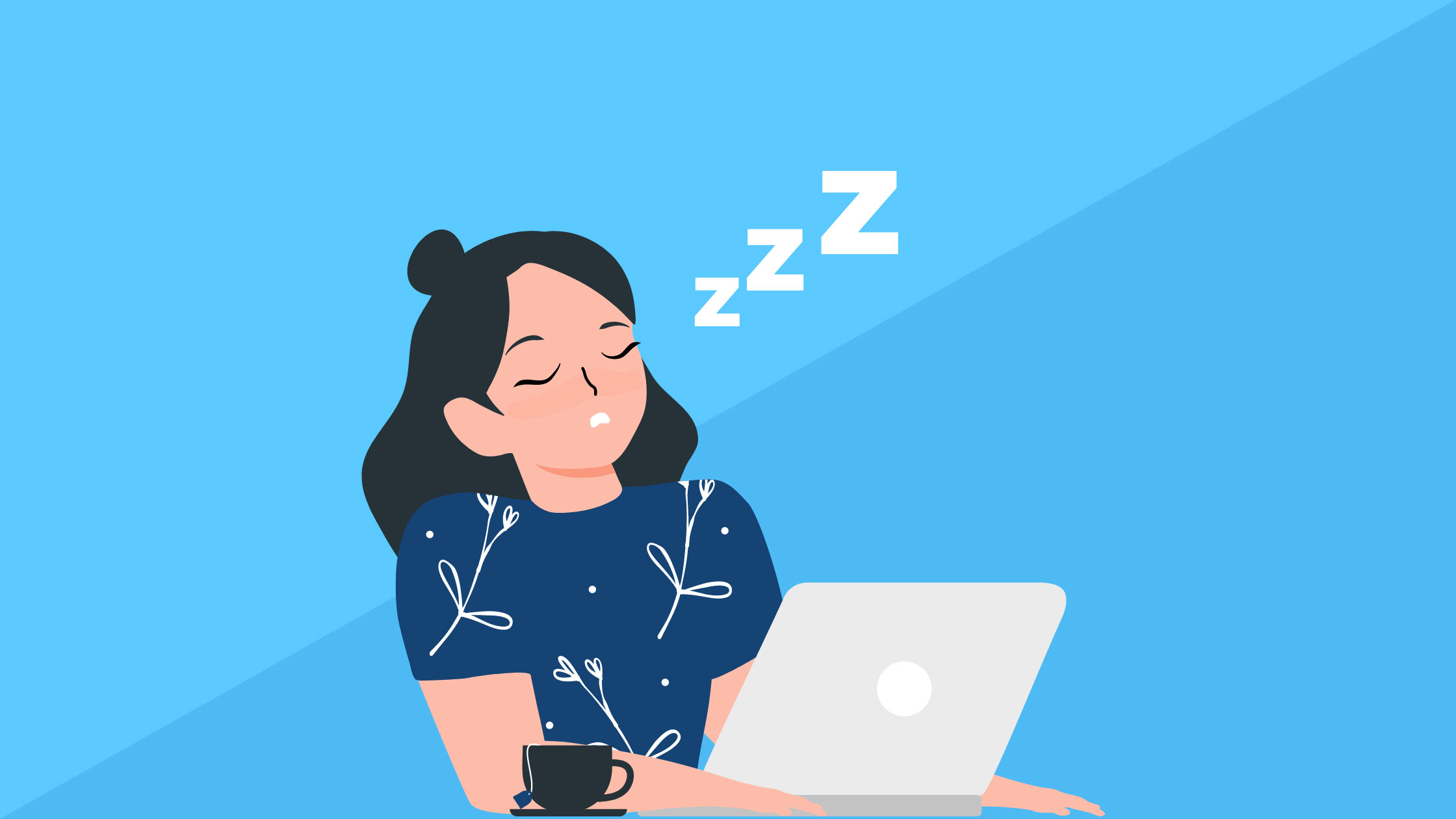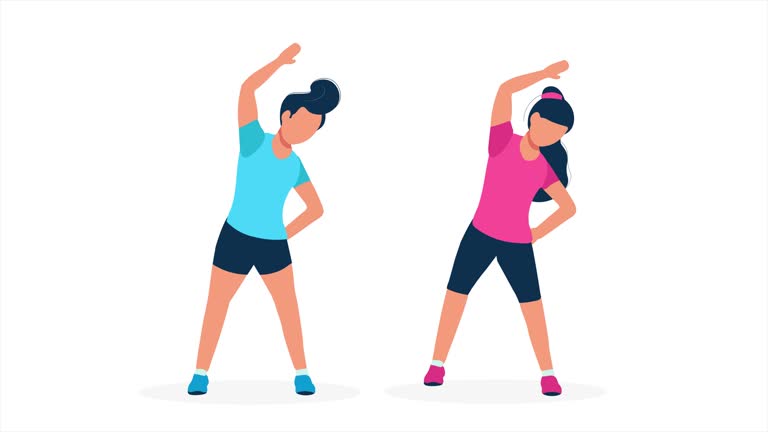Table of Contents
Introduction
Getting enough high-quality sleep is essential to achieving optimal physical and mental health. Sleep is essential for the proper functioning of our bodies, as it helps to repair and rejuvenate our cells, tissues, and organs.
Adequate sleep also plays a critical role in our cognitive and emotional functioning, including memory, decision-making, and mood regulation.
Unfortunately, many people experience difficulties falling asleep or staying asleep, resulting in sleep deprivation. Poor sleep quality or insufficient sleep can lead to a range of negative consequences, including increased risk of chronic health conditions, decreased productivity, and impaired cognitive function.
Thankfully, there are many strategies that can be implemented to improve the quality and quantity of our sleep.
In this blog post, we will discuss various techniques for better sleep hygiene, including establishing a regular sleep routine, creating a relaxing sleep environment, and avoiding stimulants before bedtime.
By following these tips, you can improve your sleep quality and ultimately enhance your overall health and well-being.
Why Is Sleep So Important?
Sleep is a natural state of rest for the body and mind. It is essential for many bodily functions, including repairing and rejuvenating tissues, regulating hormones, and strengthening the immune system.
Lack of sleep can lead to a wide range of health problems, including obesity, diabetes, high blood pressure, heart disease, and depression.
There are two types of sleep: rapid eye movement (REM) and non-REM. REM sleep is characterized by rapid eye movements, dreaming, and increased brain activity, while non-REM sleep is divided into three stages, with each stage becoming progressively deeper.
During sleep, the body produces hormones that help regulate appetite, metabolism, and stress. Inadequate sleep can disrupt these hormones, leading to weight gain, insulin resistance, and a weakened immune system.
Sleep is also essential for mental health. It helps the brain consolidate memories and process emotions. Lack of sleep can contribute to anxiety, depression, and other mood disorders.
Tips For Better Sleep
Stick to a sleep schedule
Going to bed and waking up at the same time every day, even on weekends, can help regulate your body's internal clock and promote better sleep quality. This routine helps your body recognize when it's time to sleep, making it easier to fall asleep at night and wake up feeling refreshed in the morning.
At least be in bed for 10 hours because you will only sleep about 8 of them!
Create a relaxing sleep environment
Avoid caffeine, alcohol, and nicotine
Wind down before bedtime
Limit screen time
Exercise regularly
Watch what you eat and drink
Watch the Sunset
In Conclusion
Sleep is essential for good health and well-being. If you're struggling with getting enough quality sleep, there are many things you can do to improve your sleep habits.
By following the tips and strategies outlined in this post, you can create an environment that promotes better rest and sleep.
Remember, improving your sleep quality won't happen overnight, but with time and consistency, you can create healthier sleep habits that will benefit you for years to come.
If you are interested in improving your Mental Health check out our Blogs on it. We know it will help you!







